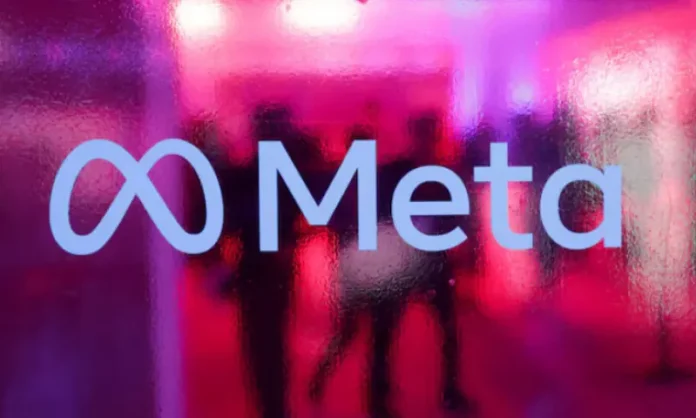Meta is expected to double down on AI-powered augmented reality products with new smart glasses at its annual Connect event on Wednesday, even as the company faces scrutiny over its handling of child safety on its social media platforms.
At its Menlo Park, California-based headquarters, CEO Mark Zuckerberg is expected to unveil Meta’s first consumer-ready smart glasses with a built-in display, a device that analysts predicted will retail for about $800.
Internally codenamed “Hypernova,” the glasses are expected to be launched as “Celeste,” analysts said, and will feature a small digital display in the right lens for basic functions such as notifications.
The new glasses are the latest in Meta’s effort to stay relevant in the AI race, where it is lagging rivals such as OpenAI and Alphabet’s Google, but analysts said the device’s hefty price tag could deter buyers.
The product will likely be much less advanced than the “Orion” prototype glasses that Meta showcased at last year’s event, a device that Zuckerberg called “the time machine to the future.” The company did not immediately respond to an emailed request for comment on the new glasses.
Meta, which expects to launch Orion in 2027, currently offers two lines of glasses – in collaboration with Ray Ban and Oakley – that incorporate artificial intelligence features, cameras, hands-free control and livestreaming to Meta’s social media platforms, Facebook and Instagram.
Zuckerberg, who has poured more than $60 billion since 2020 into Meta’s augmented reality unit, has said that smart glasses will be the company’s main conduit to integrate superintelligence – a hypothetical concept where AI surpasses human intelligence in every possible way – into everyday human lives.
In the effort to catch up in AI, Zuckerberg has sparked a billion-dollar talent war, aggressively poaching researchers from rivals, while whistleblowers have said Meta was putting profit over user safety.
Reuters reported last month that Meta’s AI policies allowed its chatbots to engage children in provocative conversations about sex and race, and whistleblowers said earlier this month that Meta’s researchers were told not to investigate harms to children using its virtual reality technology so that the company could claim ignorance of the problem.
Meta told Reuters previously that it had removed portions of its policies that stated it was permissible for chatbots to engage in romantic roleplay with children.


























































